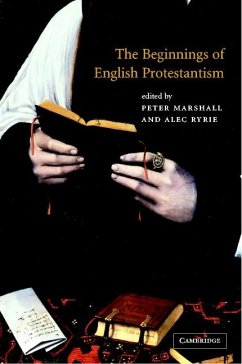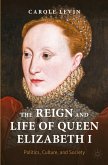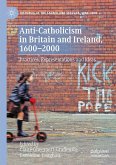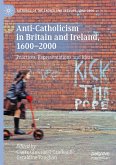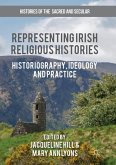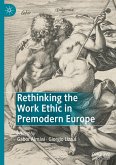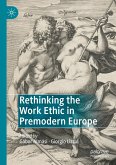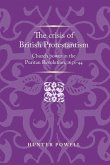Studies of the English Reformation have tended either to emphasise the vitality of traditional religious culture, or to shift the focus to the reigns of Elizabeth and the early Stuarts. As a result the men and women who once seemed central to the story, those who became Protestants in the early and middle decades of the sixteenth century, have tended to be marginalised. These essays draw attention to those critical early years, and to the importance of the evangelical movement in the making of England's religious revolution. By considering themes such as conversion and martyrdom, gender and authority, printing and propaganda, and the long shadow of medieval religious culture, the authors show early English Protestantism to have been a complex and many-headed movement. Rather than assuming the onward march of Protestantism, the essays reveal the unpredictable and deeply-contested process by which an English Protestant identity came to be formed.
Bitte wählen Sie Ihr Anliegen aus.
Rechnungen
Retourenschein anfordern
Bestellstatus
Storno

